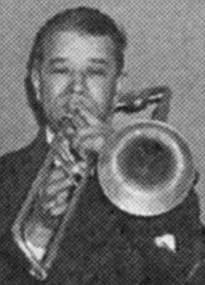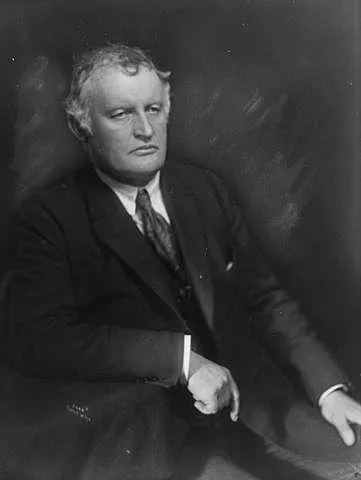
Birth Year: 1910
Death Year: 1981
Nationality: American
Profession: Pianist and Composer
Notable Works: Adagio for Strings, Knoxville: Summer of 1915
1981 – Samuel Barber, American pianist and composer (b. 1910)
Samuel Barber, an indomitable figure in the world of classical music, departed this realm on January 23, 1981. His legacy, however, is woven into the very fabric of American music and resonates through time in a way that few can achieve. Born in West Chester, Pennsylvania in 1910, Barber's life began under a veil of promise an expectation that would ultimately shape the course of his artistic journey.
As a child prodigy who displayed remarkable talent on the piano and gifted with an innate understanding of melody and harmony, Barber's early years were spent immersed in music. He was introduced to compositions from renowned composers like Beethoven and Chopin pieces that would lay the groundwork for his unique musical voice. Who knows how many hours he spent at the keyboard, crafting melodies that hinted at his future brilliance? Perhaps it was during these formative moments that he started to develop the signature lyrical style for which he would later become famous.
However, Barber's journey was not without its hurdles. Despite being enveloped by an environment rich with artistic potential the picturesque landscapes of Pennsylvania mirrored in his soulful compositions he faced significant challenges as he moved forward into adulthood. After enrolling at the Curtis Institute of Music in Philadelphia at just 14 years old a move propelled by both ambition and familial support he found himself grappling with rigorous academic demands while striving to carve out a niche for himself among other budding talents.
Barber's breakthrough came unexpectedly; after winning prestigious awards such as the Rome Prize and garnering attention for works like "Adagio for Strings," which arguably remains one of his most hauntingly beautiful pieces even today. Ironically enough, despite its somber nature, "Adagio" transcended classical boundaries it became synonymous with themes of loss and mourning across various cultures and contexts.
Throughout his career marked by innovation yet steeped in tradition Barber forged ahead with fervor. His marriage between vocalization and orchestration showcased a masterful command over both mediums; pieces such as "Knoxville: Summer of 1915" reveal profound intimacy between singer and orchestra while echoing nostalgia reminiscent of American pastoral life.Yet even amidst such acclaim came criticisms about perceived tonal romanticism overshadowing contemporary explorations a point some critics ardently debated during lively discussions following performances.
In lighthearted banter among friends or perhaps within reflective moments alone the thought often crossed his mind: “Was I too rooted in tradition?” It’s easy to speculate about whether this inner turmoil fueled deeper exploration or simply reinforced commitment towards lyrical excellence! As he admitted during press conferences over decades long career: “Music is my life; I cannot separate it from who I am.”
The interplay between self-doubt intertwined gracefully alongside triumphs continued throughout various phases leading up until late-life struggles faced by Barber including health issues impacting creative output later on a stark reminder illustrating fragility behind every monumental achievement!
Barely two weeks before passing away at age seventy-one due natural causes stemming from illness sustained over prolonged periods prior… amid tumultuous times surrounding personal relationships altering dynamics within professional circles altogether... It’s almost poetic how one could imagine him composing feverishly until last breaths were drawn! Yet another irony lies here: Although dying quietly surrounded by few loved ones far removed stage lights brightening public accolades… In reality crowds congregated behind screens worldwide celebrated legacy left behind through recordings capturing essence wrapped tightly around glorious expression.
The influence Samuel Barber imparted onto modern compositions cannot be overstated! Even today as we listen closely we find echoes reflecting contemporary sentiments swirling about love lost or time passed like gusts wind rustling leaves down cobblestone streets just outside window panes... For those tuning into symphonies resonating beyond mere notes played upon instruments connecting generations harmoniously together bringing forth dialogue timelessly.During street interviews one fan commented: “Every time I hear ‘Adagio,’ it feels like visiting old memories filled joy mixed sorrow…” demonstrating how deeply personal connections arise when experiencing artistry firsthand resonates so profoundly!









